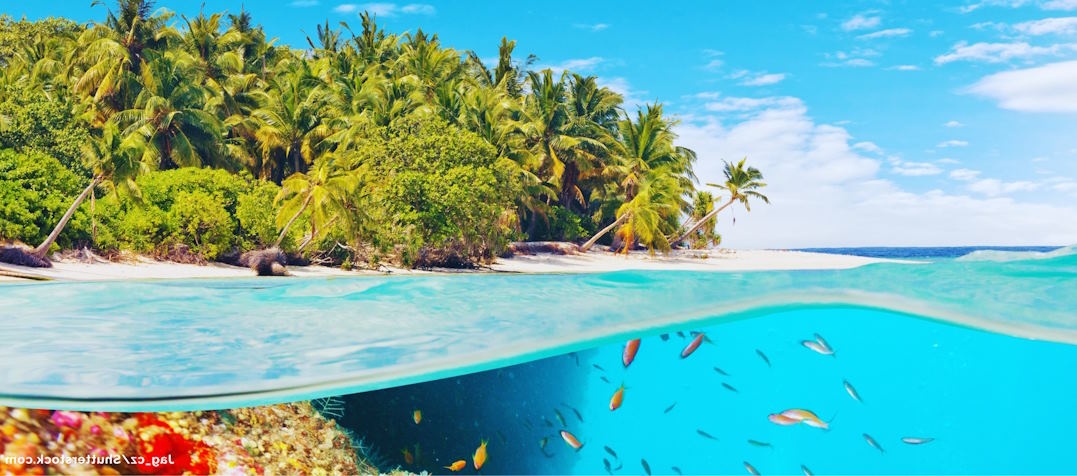Measuring the Economic Impact of Sustainable Island Tourism

Island destinations are often synonymous with paradise, offering breathtaking landscapes, rich cultural experiences, and unique ecosystems. However, the surge in tourism can also pose significant threats to these fragile environments and their communities. Sustainable tourism has emerged as a crucial approach to mitigate these risks, aiming for calculating the economic contributions of responsible island tourism practices with environmental protection and social equity.
The Ripple Effect on Local Economies
Sustainable island tourism contributes to local economies in several direct and indirect ways. It generates revenue through accommodation, food and beverage services, and entertainment. Indirectly, it supports local agriculture, fisheries, and handicrafts, fostering a broader economic base and reducing import dependencies. This assessing the economic ripple effects of sustainable island tourism can help maintain island communities’ stability, particularly in areas with few other income sources.

Infrastructure and Public Services Improvement
Sustainable tourism often necessitates the development of infrastructure and public services, such as transportation, waste management, and water supply systems. While these improvements aim at tourists, they also benefit residents, enhancing their quality of life. Importantly, sustainable approaches ensure developments do not compromise the islands’ ecological integrity, incorporating renewable energy sources and eco-friendly materials.

Challenges and Opportunities
Measuring the economic impact of sustainable island tourism is complex, requiring a comprehensive approach that accounts for environmental and social indicators alongside traditional metrics. Challenges include quantifying the value of gauging the financial footprint of eco-friendly island travel and social well-being. However, the growing demand for sustainable travel experiences presents significant opportunities for islands to differentiate themselves in the global tourism market.
Sustainable island tourism offers economic prosperity that respects environmental limits and promotes social equity. By carefully measuring its impact, stakeholders can make informed decisions that maximise benefits for all involved. As the world becomes increasingly aware of the need for sustainable practices, islands that embrace this approach stand to gain economically. And in preserving their unique paradises for generations to come.

















